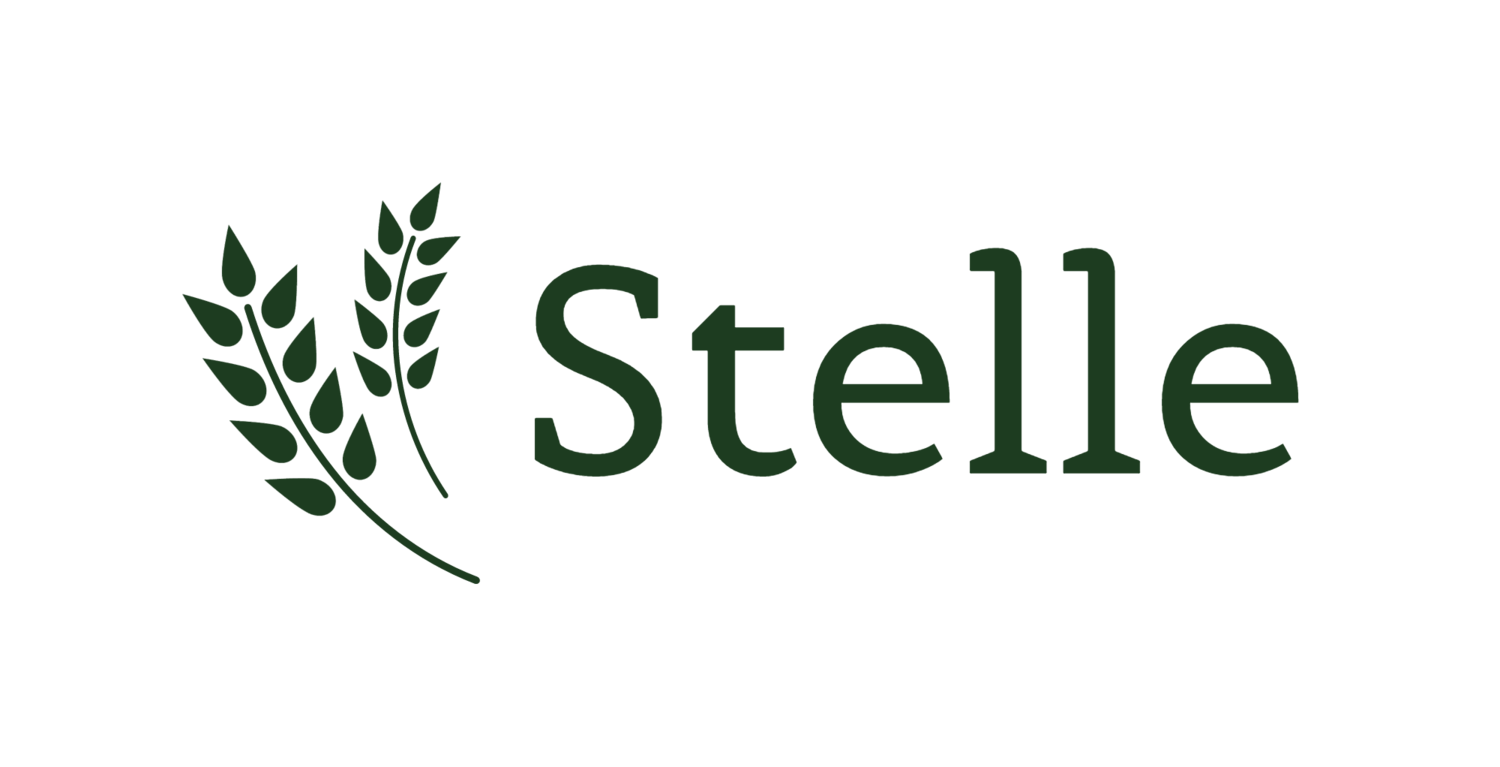Limiting Fats, Oil, Grease and Ammonia in our Sewage System
Since we as a community own the water and sewer facilities, we also pay for them. Our sewage treatment plant does an excellent job of cleaning up our wastes but it is near capacity when it comes to meeting the governmental EPA (Environmental Protection Agency) limits on key pollutants.
The #1 challenge to our biological-digesting sewage system are fats, oils and grease. These substances slowly clog up the system and prevent the free-flow of oxygen to the beneficial bacteria that break down our wastes.
Consequently, it is up to us to take precautions to prevent VISIBLE QUANTITY of oil or grease into the drains of our sinks, showers and toilets.
Some examples of fats, oils and greases to keep out of your drains are:
Residual oil in dishes or pots and pans used for cooking. If you can see some residual oil in a vessel please drain it into a can or wipe it out with a paper towel (both thrown into the trash) before washing and draining the soapy water down the drains.
Residues from paints, including latex paints. These residues contain significant concentrations of oily polymers. Old paint should be dried out (kitty litter, sawdust and shredded newspaper work well) and put into the garbage. When cleaning brushes, do so in a separate bucket and drain the contents into an out-of-the-way patch of soil on your property where microbes can slowly degrade the oil.
Oils or greases added to bath waters. If you are in the habit of adding oils to your bath the request is that you stop this practice and apply oil to your skin in some other fashion.
Please note: Hot water and detergents certainly seem to help break up oil and grease as it heads down a sink, but once it hits the sewer pipes the water and oils cool down on their journey to the waste water plant and the fats solidify once again.
And What About Ammonia?
Ammonia at certain levels is toxic to aquatic life so our sewage plant is required to remove almost all of it. Our plant can easily break down all of the ammonia we generate from our own urine but when we also add a lot of ammonia from the cleaners we use, these can often overtake our system and our ammonia test results spike.
So, as a community we also avoid dumping cleaners containing ammonia into our home drains.
Some common household items that contain ammonia are:
Dish soap
Laundry detergent
Household cleaner
What non-ammonia based alternatives can you find and use?
In general, our water committee requests that we keep everything out of the home drains and toilets except wash water, human waste and toilet paper, because other materials, even those labeled ‘flushable’ cause problems at the waste water treatment facility. That includes such things as baby wipes and feminine hygiene products. Such solids should be disposed of in the garbage.
Thanks you for your attention to these matters. It saves us all time and money.
SCA Board of Directors - 2018
For the Water Committee (Ed Homeier, William Wilson and Wayne Malchow)


